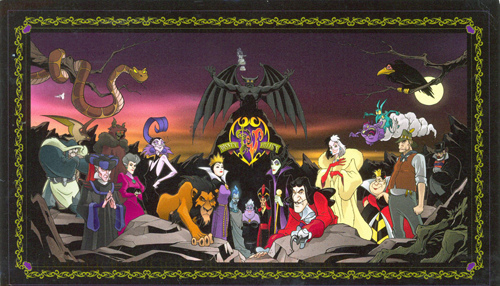As I recently read S. Jae-Jones’s YA novel Wintersong, I noticed something troubling. The book seemed designed to appeal to me: it was a fantasy romance with strong (really strong) inspiration from both the movie Labyrinth and my favorite poem, Christina Rosetti’s Goblin Market. However, something about Liesl, the main character, bugged me, and it took me a while to figure it out. Not because it wasn’t obvious, but because I thought that, in this, the Year of Our Lord 2017, we had done away with the “not like other girls” trope.
It’s a tale as old as time: a girl who’s just ~not like~ the other girls around her, against all odds, wins the day. These stories are appealing to us because these girls are framed as the outcasts; we can relate to their being bookish or plain or unpopular. But a problem that uniquely affects the female characters who fit these roles is that they often succeed or achieve victory at the expense of other women and girls, or by denigrating traditional femininity (or both). Liesl is an on-the-nose example of this trope: she is terribly jealous of her sister’s physical beauty, a trait Liesl lacks and constantly laments. Liesl is a genius composer, but her skills are downplayed or overlooked because of her gender. Meanwhile, it feels like her gorgeous sister is set up to be resented, as she at least can win men’s attention with her looks.

The cup of a carpenter is not like those frilly other cups. (via indygear)
However, when offered a beautiful fae gown by the servants of the Goblin King, Liesl instead chooses a plain dress, and this is played like Indiana Jones correctly picking the right Holy Grail. But instead of just rejecting the wealth and majesty of the other dresses, it reads as though Liesl is casting a value judgment on the majority of the other women in the book, who did choose to wear frills and finery.
This is just the latest example of this issue, rather than the only one. Pop culture has a long and varied history of celebrating these not-like-other-girls, from formative Disney flicks all the way up to watch-at-your-own-risk premium television like Game of Thrones. These portrayals enforce a terrible message: that there’s only one right way to be a girl, and that it’s totally acceptable to tear down other girls who don’t meet those standards. Continue reading







